RunningwithScissors
Ideal_Rock
- Joined
- Apr 29, 2019
- Messages
- 3,954
Which of these three do you prefer and why? (Functionality, access to specific funds, customer support, fees, etc.)
Share the aspects you like and/or dislike about each.
I've read comparison sheets until my eyes are crossed, so now I'd like to hear personal opinions from people coming from a range of different backgrounds.
(Yes, I know there are more platforms out there, but I'd specifically like to get feedback about these three.)
Thanks
Share the aspects you like and/or dislike about each.
I've read comparison sheets until my eyes are crossed, so now I'd like to hear personal opinions from people coming from a range of different backgrounds.
(Yes, I know there are more platforms out there, but I'd specifically like to get feedback about these three.)
Thanks





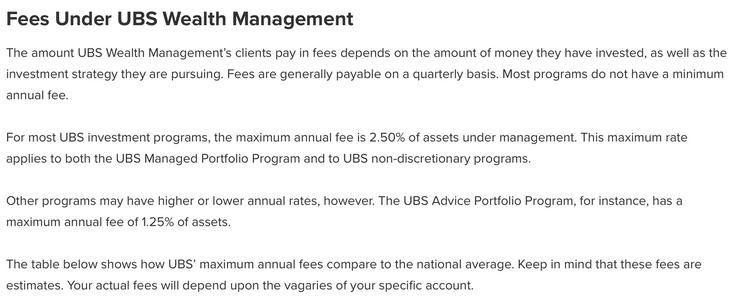
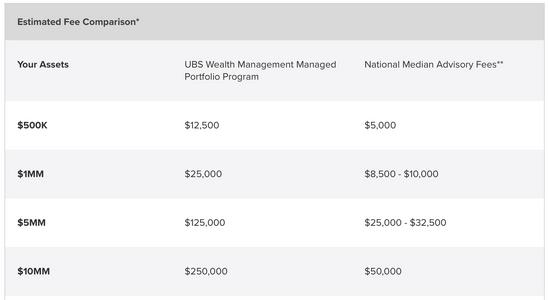

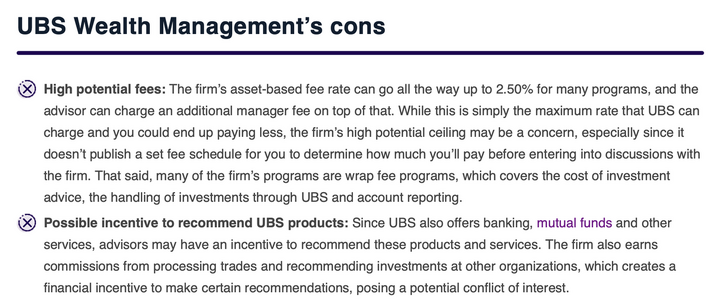
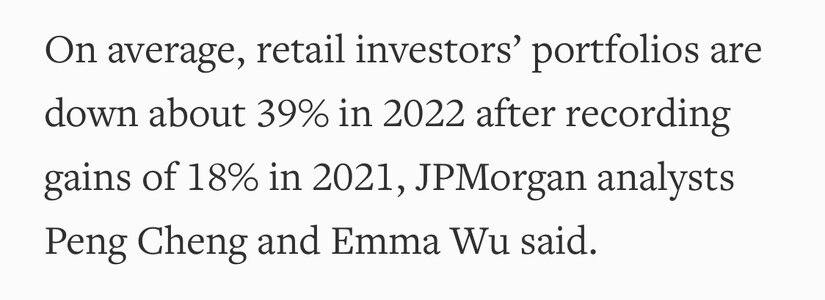
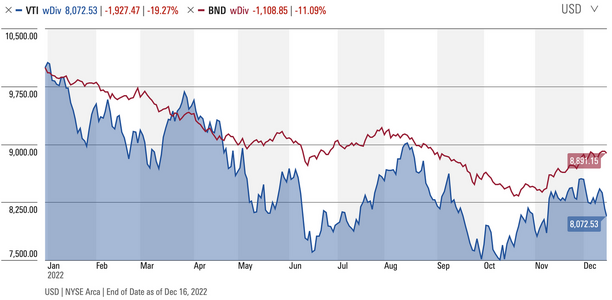



300x240.png)